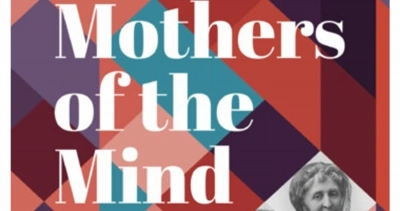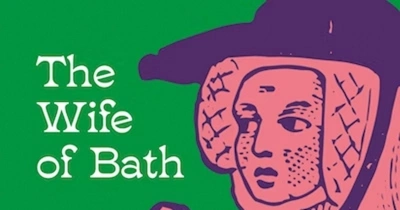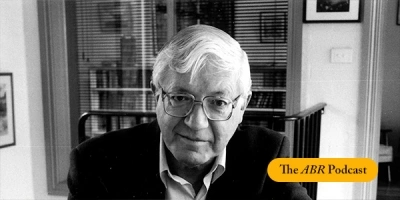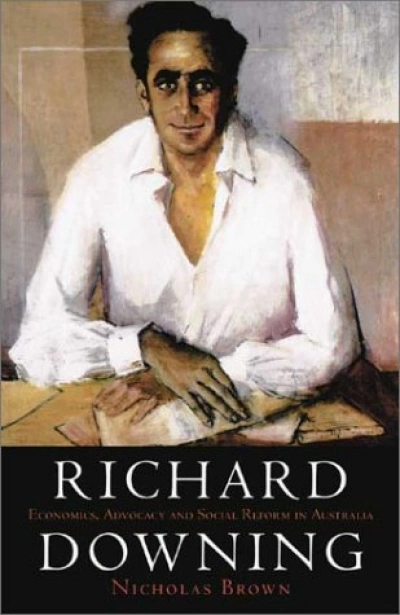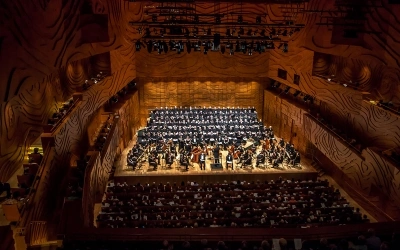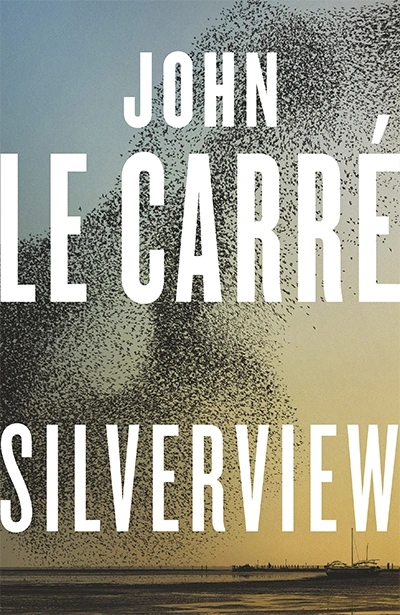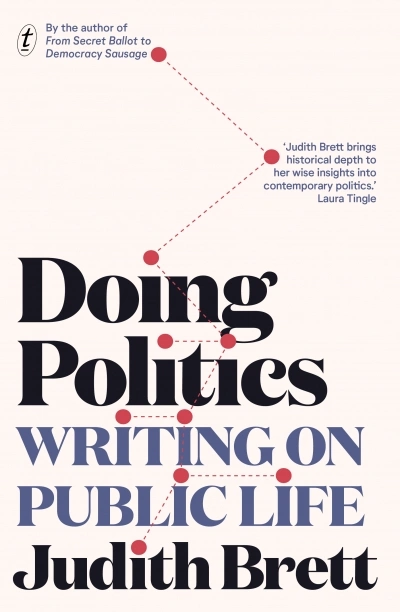Morag Fraser
When I think of Peter Rose’s legacy and his immense contributions to Australian letters as Editor of Australian Book Review, there are manifold achievements I might highlight. Peter has wholly transformed the magazine’s ambitions and horizons over his tenure, elevating ABR into an indispensable, world-class publication offering outstanding commentary, criticism, creative work, and coverage of the performing arts. He has shaped the national conversation in infinite ways, offering our best minds scope to debate the pressing issues of our times in complex, nuanced exchanges that are vanishingly rare elsewhere. He has served as a distinguished and tireless public advocate for the value of criticism, the arts, and the humanities, and has done so much to advocate for writers and writing, building prizes, fellowships, and other initiatives that continue to create vital opportunities and recognition for writers today. More quietly but no less diligently, he has also worked tirelessly to protect and preserve ABR as a jewel of Australian literature for generations to come.
... (read more)Mothers of the Mind: The remarkable women who shaped Virginia Woolf, Agatha Christie and Sylvia Plath by Rachel Trethewey
This week’s ABR Podcast is a special feature on the work and life of one of Australia’s finest poets, Peter Porter (1929-2010). Morag Fraser, currently at work on a biography of Porter, introduces the podcast, setting out the major currents of his life. From there, fifteen poets and critics read from the Porter oeuvre, in all its ‘variety and depth’, explains Fraser, and offer their own memories of the man. Listen to Gig Ryan, Sarah Holland-Batt, Martin Flanagan, John Kinsella, Judith Beveridge and more read from Porter’s making with words.
... (read more)Richard Downing: Economics, advocacy and social reform in Australia by Nicholas Brown
There are some circumstances that shift a musical performance into another dimension of significance. Mstislav Rostropovich playing Bach’s cello suites in Berlin on 11 November 1989, two days after the fall of the Wall, is perhaps the twentieth century’s most vivid example.
... (read more)



